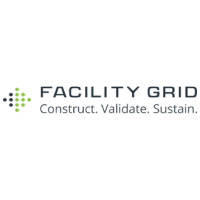Interested in presenting? Send the proposed presentation title, short abstract, and four learning objectives to ACG Headquarters: info@commissioning.org.
Sponsored by:
Every month from July 2025 – December 2025, join ACG for a new presentation covering different facets of the commissioning process. Each presentation is worth 1 AIA LU.

Pre-Functional Checklists: Then, Now, & in the Future
Steve Leight, PE, CxA, EMP, Commissioning Excellence, LLC
Abstract: The introduction of commissioning software and advancements in technology have drastically reduced the time CxAs spend developing pre-functional checklists for use by contractors. Despite advancements that also make it easier for contractors, contractor compliance with specs and requirements for pre-functional checklists is still below expectations, anticipated reductions in installation deficiencies have not occurred, and the pre-functional checklists continue to be sources of frustration in our industry. As commissioning providers, it is our job to document and verify success, yet we still rely on a pre-functional processes that fail to meet their intent. Are we, as an industry, doing enough in the “continuous improvement” portion of the (commissioning) quality process to drive improvement in the construction industry?
This webinar will explain the fundamentals of all quality processes, share insight into the intent of pre-functional checklists, and explore the history of how PFCs were integrated into the standard commissioning process. Through a case study begun in late 2023, the results of an alternative approach to CxA-generated/contractor-completed pre-functional checklists will be presented, along with lessons-learned from that approach and some proposed changes to the PFC process to improve the quality of installation.
Learning Objectives:
- Explain the primary phases of all quality processes.
- Illustrate how the standard commissioning process relates to the phases of a quality process.
- Describe why the current commissioning process creates challenges and frustrations as they relate to PFCs
- Appraise the commissioning PFC phase and begin to modify their own processes to improve quality in the field.
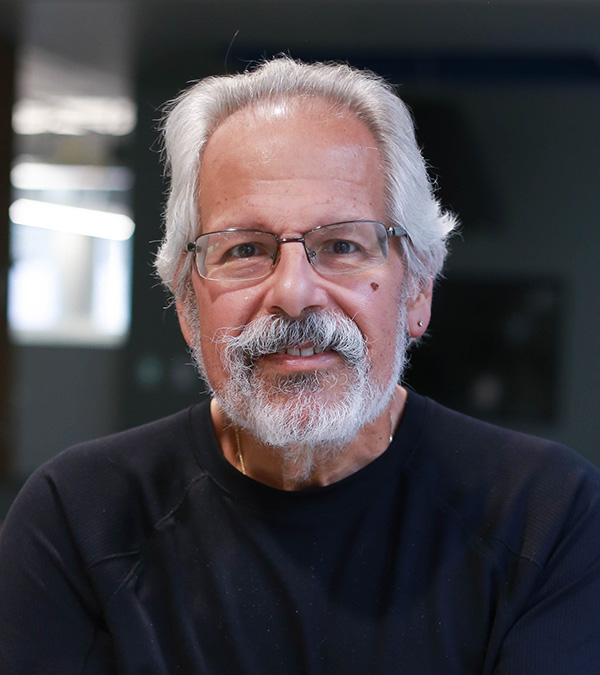

LEED v5: Ushering in a New Era of Sustainable Building
Al LaPera, CxA, EMP, LEED AP, Kimley-Horn
Dennis Berlien, PE, LEED AP, Kimley-Horn
Abstract: US Green Building Council has approved LEED v5, the latest version of LEED certifications. We will provide a brief overview of their comprehensive framework for sustainable and efficient building practices. It will discuss both the Building Design and Construction (BD+C) and Operations and Maintenance (O+M), LEED certifications. It will address that while both are part of the same sustainability framework, each serves a different purpose in a building’s lifecycle.
LEED v5 for Operations and Maintenance (O+M) rating system for existing buildings has been changed radically with the newest version of LEED. It marks a transformative milestone in the built environment’s alignment with a low-carbon future and addresses critical imperatives such as equity, health, ecosystems and resilience. This lecture will start to unravel this new onion, one layer at a time. This version of LEED makes addressing decarbonization a focal point showing how decarbonization planning and why it is so important to educate the market on elements of a good, long-term decarbonization plan.
Learning Objectives:
- Explain how LEED v5 BD+C was designed for new buildings or major renovations. The rating system guides the project during the design and construction phases to ensure sustainable decisions are made early in the process.
- Explain the new LEED v5 approach which now includes not only its normal cast of characters, but now addresses Carbon, Health, Resilience and Equity!
- Explain how LEED v5 O+M is designed to deliver an understandable, actionable, and transformational rating system with a clear roadmap for progressive actions that facilitate LEED certification. The new version now offers industry benchmarking and scoring to reward performance while maintaining a measured data-driven approach to certification.
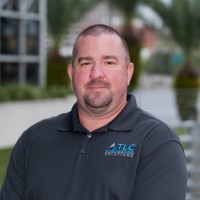

Don’t Trust But Verify – TAB Lessons Learned from a Commissioning Provider’s Perspective
Gary Haydu, CxA, TLC Engineering Solutions
Mark Gelfo, P.E., CxA, EMP, LEED Fellow, TLC Engineering Solutions
Bad Test and Balance (TAB) contractors can severely compromise HVAC performance—causing discomfort, skyrocketing energy costs, and premature equipment failure. Most notably, they trigger the dreaded hot/cold calls from building owners post-occupancy.
This session explores the telltale signs of poor TAB work, including lack of certification, inaccurate reports, failure to verify design intent, and limited scope. We’ll also examine the real-world consequences: uncomfortable spaces, inflated utility bills, and long-term system damage. Learn how to spot and avoid bad TAB practices before they impact your projects.
Learning Objectives:
- Importance of Proper TAB Equipment - Gain proficiency in selecting and using appropriate testing instruments for accurate measurements during TAB procedures.
- Early Cx Meeting Attendance and Importance Attending commissioning meetings and voicing concerns about control systems and tools needed to properly adjust settings in the control system
- TAB Reports and the Importance of Using Software Learn how to create comprehensive TAB reports that include measurements, adjustments, deviations from design intent, and corrective actions taken. Software available makes documentation and report loading better.
- Recognize the Critical Role of Functional Testing in Project Success Working with a Cxp Functional testing is essential in identifying both expected and unexpected issues, contributing to the overall success and robustness of commissioning projects but TAB verification at a sampling rate helps verify the TAB contractor was through.
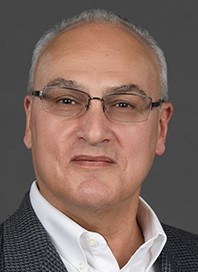
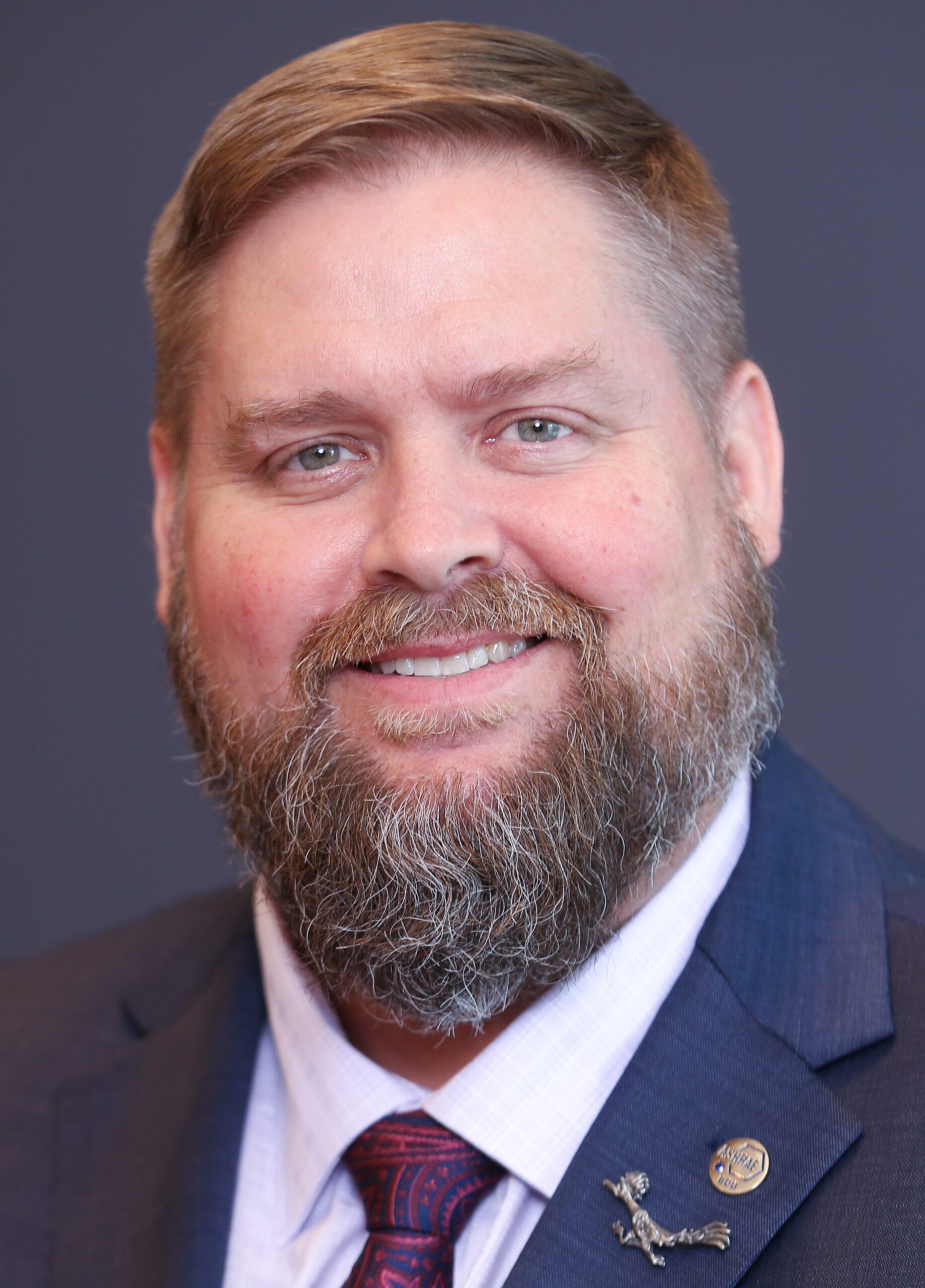
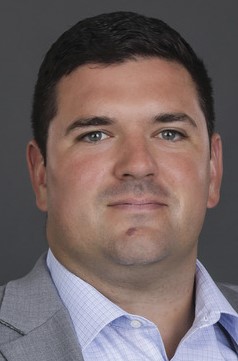
Can you FPT before TAB and BAS Graphics are Completed?
Jonathan Noordzy, P.E., CxA, EMP, Hanson Professional Services
Wade H. Conlan, P.E., CxA, LEED AP, Hanson Professional Services
Marcus Ruecker, CxA, Hanson Professional Services
Abstract: In practice, some projects have extenuating circumstances, or pressures, be they financial, schedule or political factors, which compel an Owner to ask how functional performance testing could be accomplished by a hard date. What if is become obvious that TAB will still in progress by that date? What if the BAS graphics have not yet been installed in the operator’s workstation? The CxP knows the conditions are not ideal for testing. The Owner understands the reasons why, but due to the extenuating circumstances needs to know not “if”, but “how” it can be done. This presentation will guide you through some unconventional approaches that can be applied when the Cx process must move forward with one of its most important tasks not in the customary order, without short-circuiting the Cx process. We will examine ways to stay proactive while being flexible and opportunistic. When faced with a TAB report that is preliminary or incomplete or has multiple deficiencies, we will examine ways to work between identify test procedures that can be executed. When BAS graphics are still in development we will look at ways to verify setpoints, alarms and sequences of operation before the final BAS graphics package is completed and installed. It can be done! – even when conditions are less than ideal.
Learning Objectives:
- Understand the normal pre-requisites for functional performance testing.
- Understand how to work with the contractor and owner on overall project schedule.
- Understand how to form a plan to functionally performance test if the TAB pre-requisites are not completed.
- Understand how to form a plan to functionally performance test if the BAS programming and graphics pre-requisites is not completed.
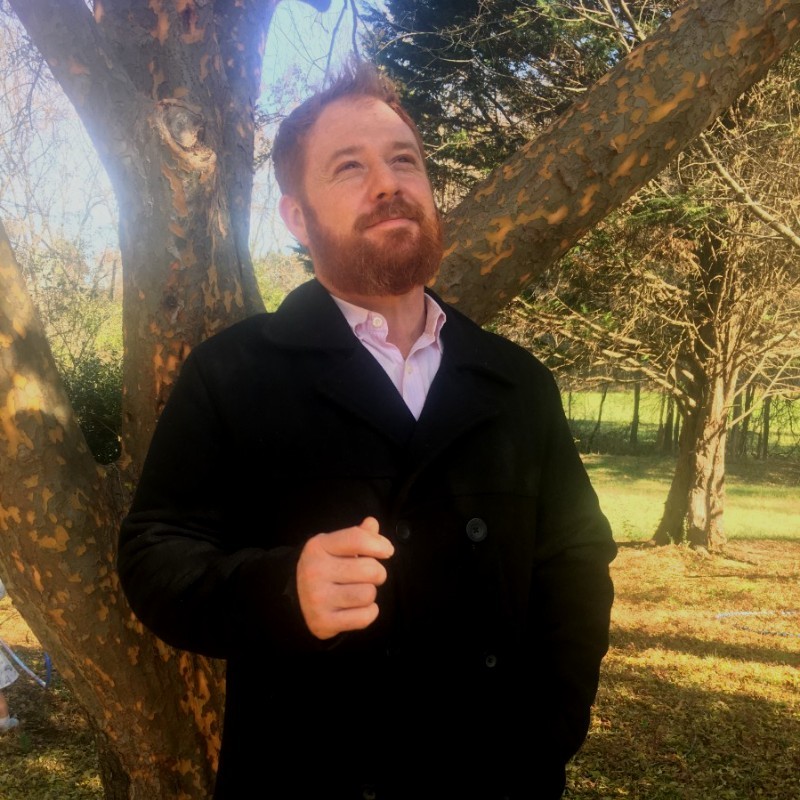
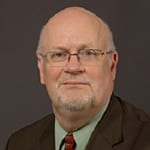
Resolving Conflict, Building Consensus: Essential Soft Skills for Cx Providers and Energy Managers
Lee Huffines, P.E., CxA, EMP, Commissioning WorCx
Robert Knoedler, P.E., CxA, EMP, Hanson Professional Services Inc.
Abstract: Engineers and building systems specialists often rely on technical skills and domain expertise for professional success. But as careers evolve, so do the expectations—and those who excel at project leadership, stakeholder engagement, and cross-functional collaboration quickly learn that technical know-how is only half the equation.
This webinar will explore how technical professionals can proactively address and manage conflict among project stakeholders. Participants will learn how skills like active listening, clear communication, project scoping, and negotiation can transform tension into collaboration and disagreement into forward momentum.
Drawing from real-world examples and industry practice, the session will offer strategies for identifying sources of conflict, defusing tensions, and promoting team cohesion. Join us to learn how soft skills can unlock new leadership potential and fuel long-term career growth.
Learning Objectives:
- Recognize common sources of conflict among project stakeholders and how they impact team performance and project outcomes.
- Develop communication strategies to de-escalate tensions and foster mutual understanding.
- Why proper project scoping and negotiating skills are critical for project success.
- Demonstrate how enhanced interpersonal skills contribute to stronger stakeholder relationships, improved team cohesion, and accelerated career growth.

Writing Effective Issues Logs
Vince Sage, P.E., CxA, EMP, Northwest Engineering Service, Inc
Abstract: The way issues are worded is one of the biggest factors within your control that determines how much time and effort it takes to get them resolved. Even experienced commissioning providers could benefit from improving their writing of issues. This presentation reviews best practices of how to create a bias for resolution.
Learning Objectives:
- List the five elements that should be present in all issues
- Identify the information needed for resolution
- Propose a clear path forward without exceeding your authority
- Organize design review, construction phase, and existing building / RCx issues appropriately for each audience

Cx University: Taking An Active Role in Training
Charles Jackson III, P.E., PMP, CxA, LEED AP, CMTA, Inc.
Abstract: Commissioning Professionals often take a passive role in training, Whether reviewing the agenda, confirming the sign-in sheet has been completed, or attending the training. Oftentimes, operations staff and owners are either overwhelmed with the abundance of knowledge from the subject matter experts or disinterested in boilerplate training that does not dive deep into their systems. As Commissioning Professionals, we should use this as an opportunity to show our expertise and include training from a Commissioning Perspective detailing how we tested the systems, going through documentation and trends that are set up, and providing a more hands-on approach to help the operations staff ease their transition on Day 1.
Learning Objectives:
- Taking a more active role when witnessing training.
- Understanding what training looks like from a Cx Perspective.
- Providing a hands-on approach to the operations team.
- Ensuring Cx Documentation is actually utilized by the operations team.








